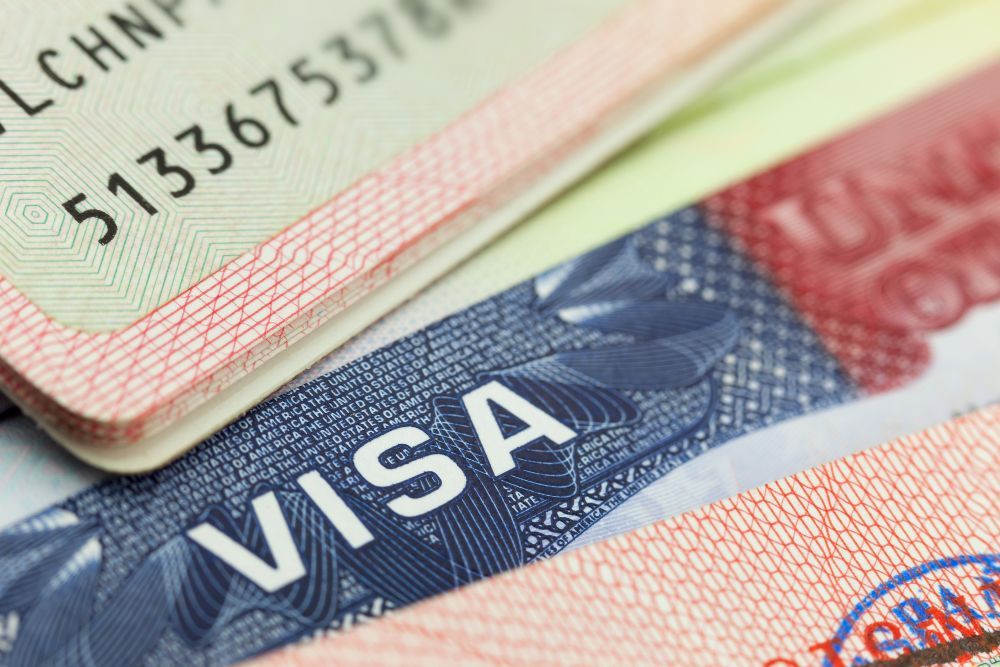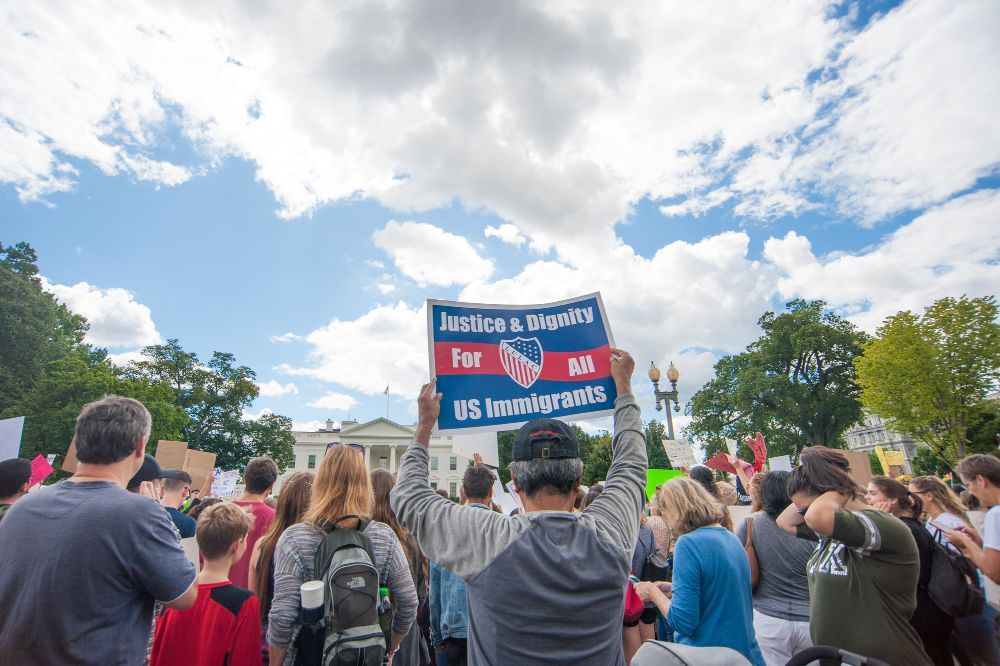Citizenship Through Naturalization
Naturalization is the process of becoming a citizen if you are an immigrant or other non-citizen who is over the age of 18. This process gives you certain rights and responsibilities in the United States, but it can be complicated. The immigration lawyers at Poarch Thompson Law seek to make naturalization as straightforward as possible. We guide you through the process and can answer your questions.
Naturalization vs. Green Card
Having a green card, which means you are a permanent resident, is different from being a naturalized citizen. You will need to have a green card in order to become naturalized.
While having a green card is called “permanent” residency, it is not always permanent. You may still be deported with a green card if you break the conditions of the visa on which you gain your green card, committing crimes, or miss deadlines, among other issues.
You may also not be eligible for federal benefits and other rights you would have as a naturalized citizen. Naturalization puts an end to the green card process. When you complete naturalization, you have the same rights as natural-born U.S. citizens.
Why Become Naturalized? What are the benefits of Naturalization?
If you become a U.S. citizen through naturalization, you gain several benefits:
- You cannot be deported or removed from the United States
- You can gain federal benefits only citizens have access to
- You travel with a U.S. passport, among the most powerful in the world
- You can sponsor your family members to become citizens
- Your minor children automatically become U.S. citizens, even if they are not residing in the U.S.
- You can be hired by the U.S. government
- You can vote in U.S. elections
- You can run for elected office
- The immigration process is over—no more paperwork!
Who is eligible for Naturalization?
There are several standards you must meet to be eligible for naturalization, including:
- You must be 18 years old
- You must be a permanent resident of the United States for at least three or five years (depending on how you obtained your residency)
- You must not have left the country for 30 months or more in the last three years (exceptions apply)
- You can read, write, and speak basic English (exceptions apply)
- You know the basics of U.S. history and government (exceptions apply)
- You can demonstrate good moral character
- You are willing to perform military service if required by law (exceptions apply)
- You will support the U.S. Constitution and take an oath of allegiance to the United States
If you meet all criteria except you have only been a permanent resident for three years, you may be eligible for naturalization as long as you have been married to a U.S. citizen and living with them for those three years. Plus, you must not have left the United States for trips of six months or longer for those three years.
Naturalization eligibility is very complicated. There are other issues, including Selective Service, that you need to look into. It is best to confirm your eligibility with an immigration attorney.
Do I need a Lawyer to apply for U.S. Citizenship?
You do not require a lawyer; however, it is extremely beneficial to have a lawyer, especially to help determine that you are eligible and to deal with any unexpected roadblocks you may face.
How long does it take to get U.S. Citizenship?
On average, we expect the naturalization process to take ten months, from the moment you submit your N-400 form. However, it can take longer.
How many people apply for U.S. Citizenship per year?
Roughly, half a million people are granted U.S. citizenship per year, but more apply.
Can I travel outside the USA while waiting for Citizenship?
You may, but you should plan carefully when you do. If your travel pushes you over the limits for travel (as explained in the eligibility requirements), you may no longer be eligible for naturalization.
The basics of Dual Nationality
It is possible to keep your original citizenship when you gain U.S. citizenship; however, this is a complicated matter. Your home country may cancel your citizenship if you become a U.S. citizen. Holding dual citizenship also comes with drawbacks. It is wise to seek the counsel of an immigration lawyer to determine if dual nationality is right for you.
How can Poarch Thompson Law help?
The experienced immigration attorneys at Poarch Thompson Law have helped many people complete naturalization. We can guide you through the whole process, starting with determining your eligibility, all the way through to your certificate of naturalization. Making an error at this point in the immigration process can be damaging, so it’s best to have professional guidance to secure your future. Reach out to us today.











